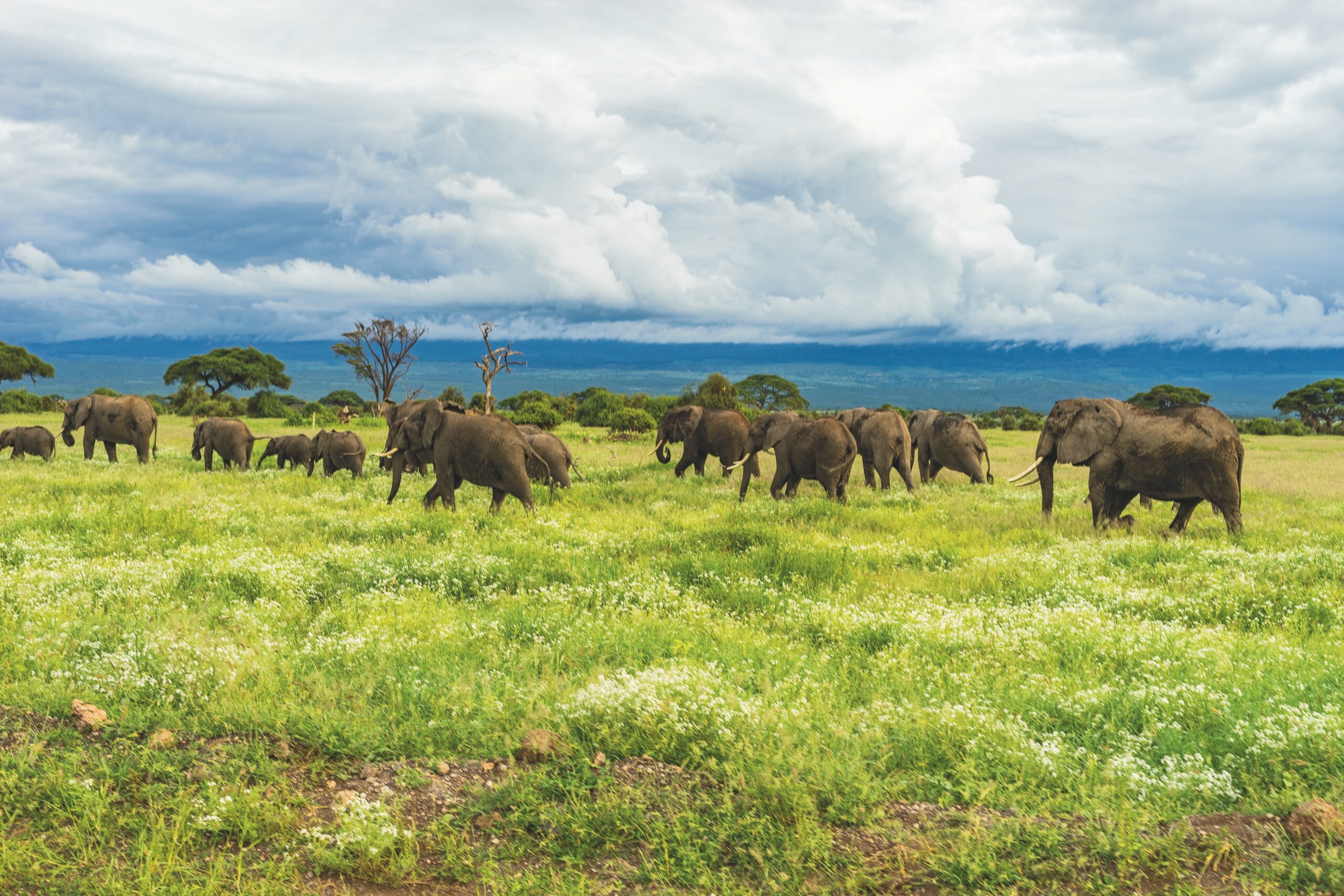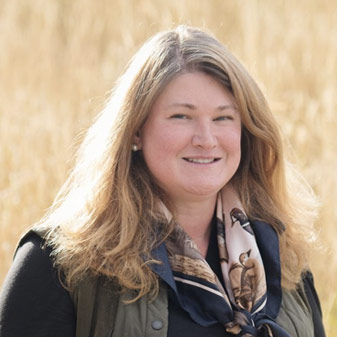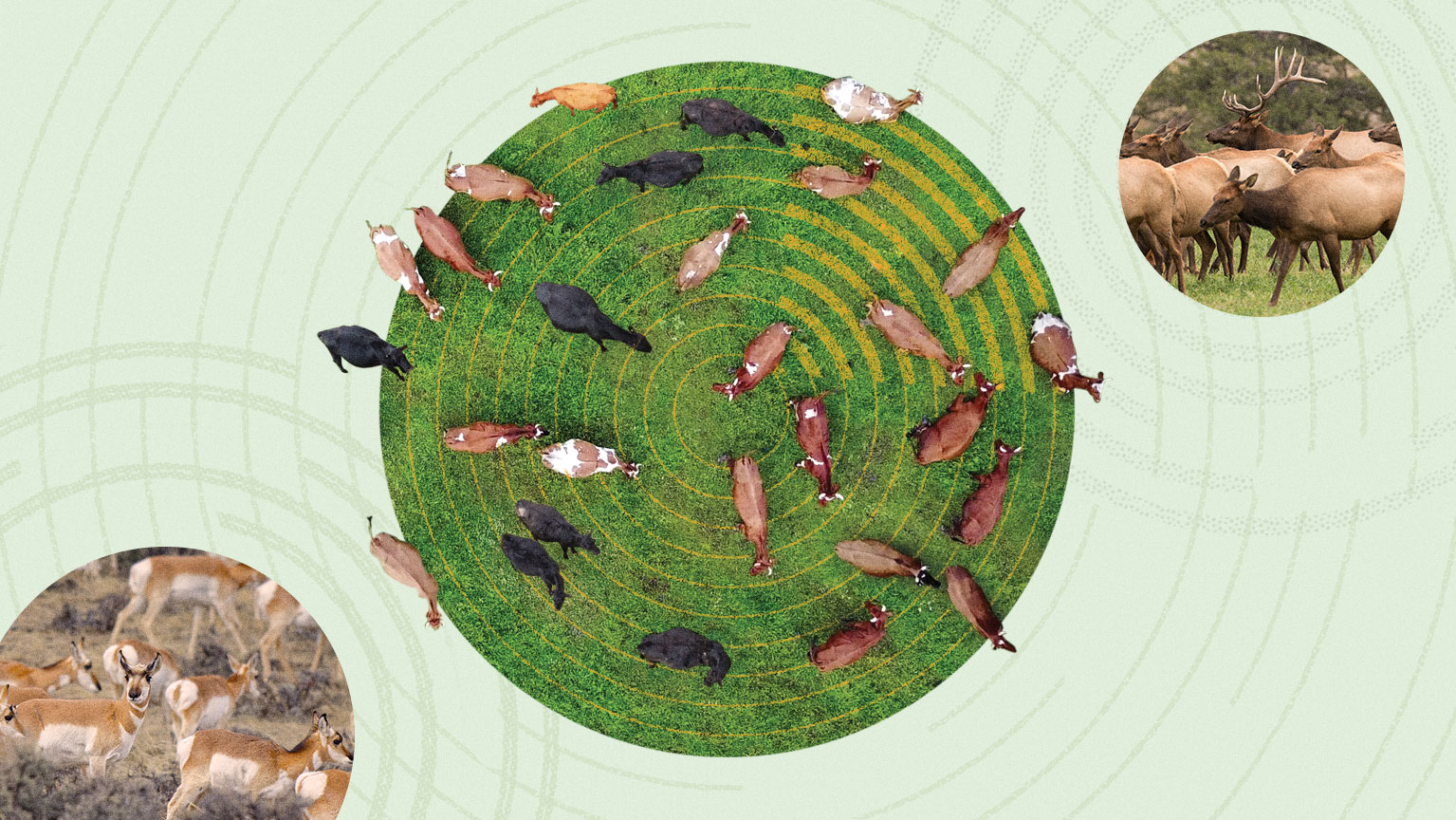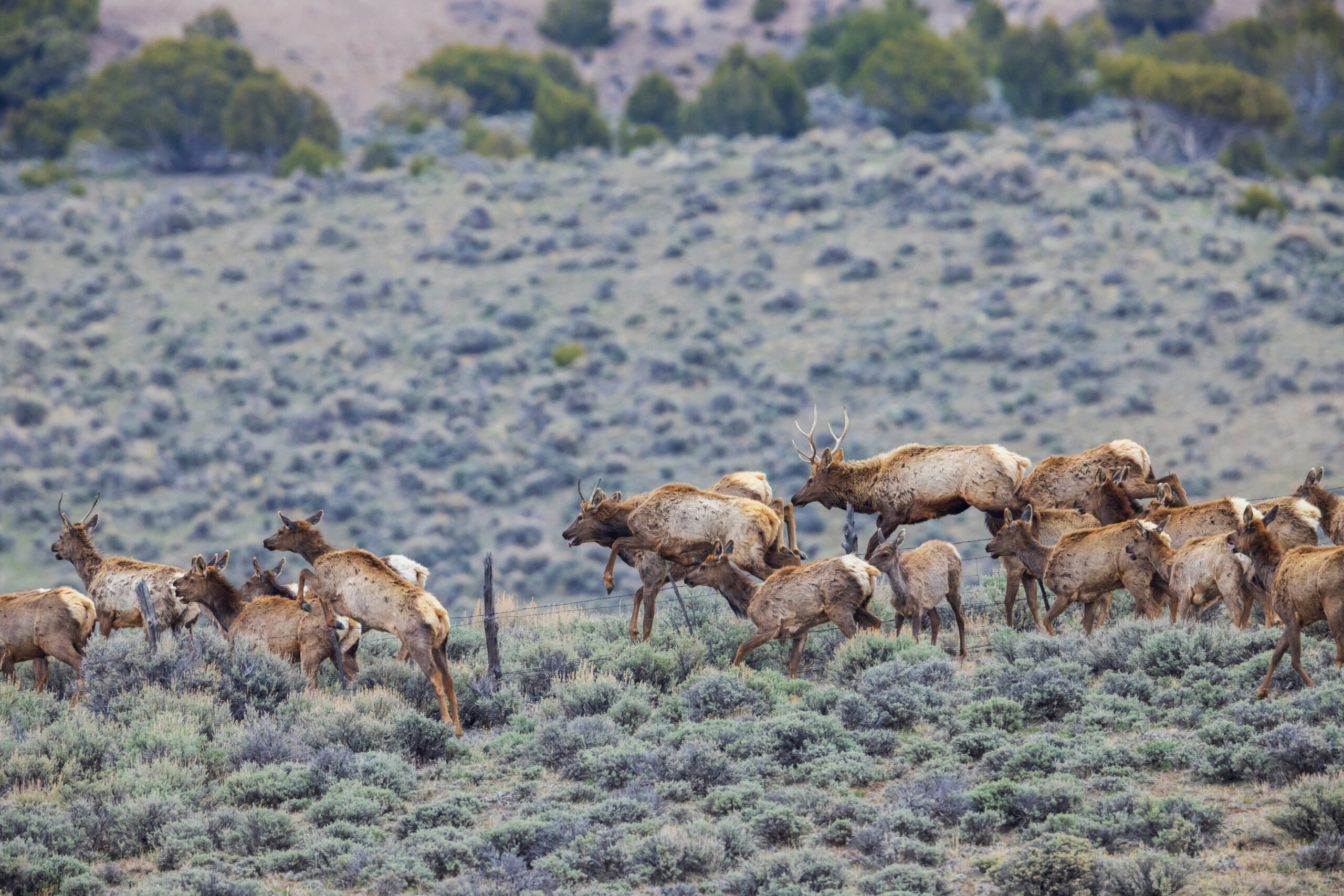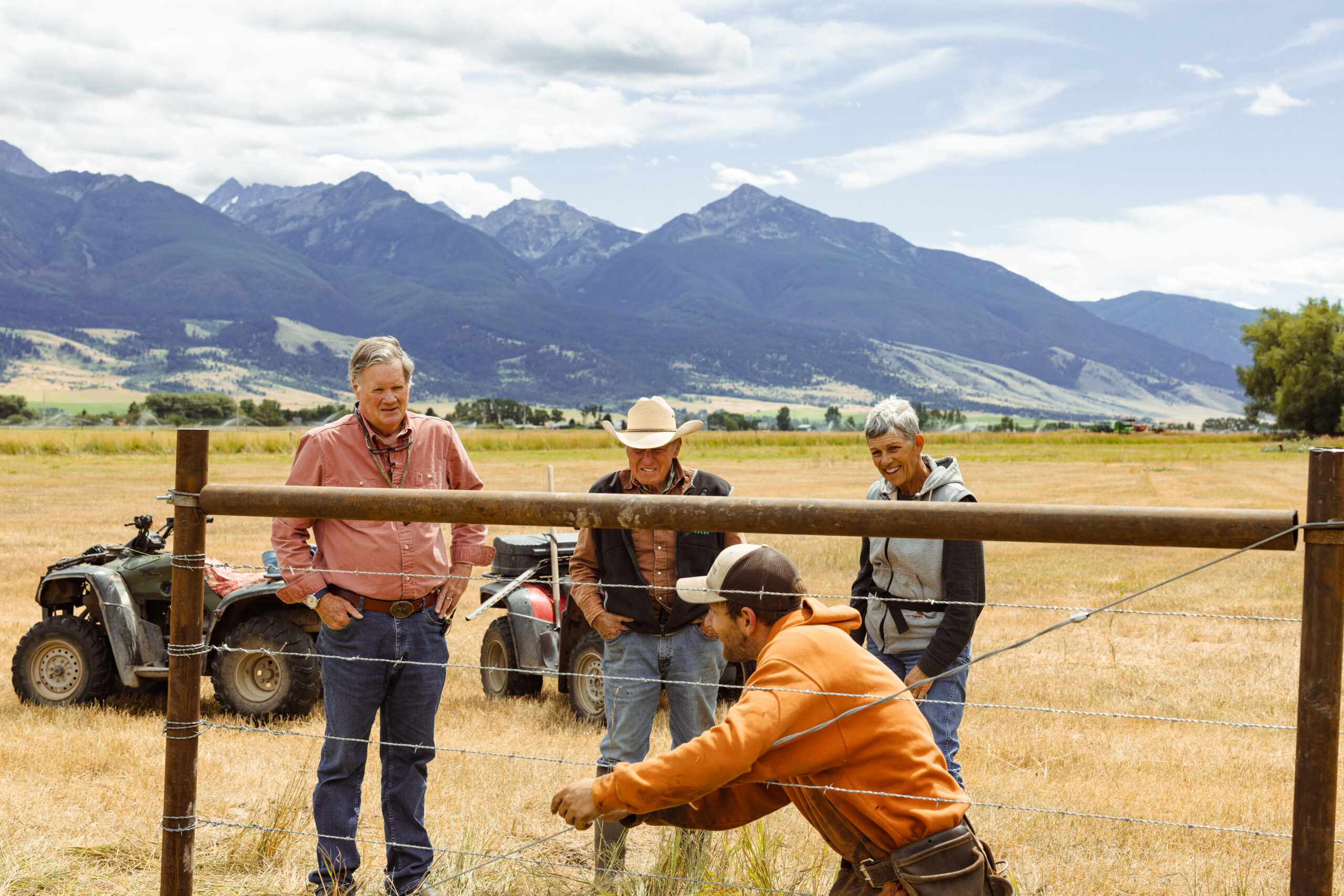Testimony before the U.S. Department of the Interior’s International Wildlife Conservation Council Meeting on African wildlife conservation on March 14, 2019, in Dallas, Texas. Statement prepared by Catherine Semcer and presented by Hannah Downey.
Introduction
The Property and Environment Research Center (PERC) is the home of free market environmentalism. Founded in 1980, PERC is a privately funded research institute dedicated to harnessing the power of markets and property rights to deliver solutions to conservation challenges. Headquartered in Bozeman, Montana, PERC draws on the experience, knowledge, and expertise of research fellows and senior research fellows spread across 19 academic and other institutions on two continents. PERC also supports outside scholars via fellowship and colloquium programs, encompassing research in a wide variety of disciplines, as well as a regular series of workshops that convene conservation practitioners, business leaders, and academics to have open and thoughtful discussions about pressing needs in the conservation of wildlife, land, and water.
We respectfully submit this testimony for consideration by the Department of the Interior, International Wildlife Conservation Council (IWCC).
The United States must reconsider its approach to wildlife conservation in Sub-Saharan Africa
To continue to aid African partners in delivering shared goals in wildlife and habitat conservation, the policies and programs of the United States must keep pace with a changing economic and political environment. Failing to align conservation policy with these new realities risks undermining conservationists’ ability to deliver the environmental quality that is necessary to ensure the sustainability of economic development in African nations and the success of broad U.S. goals in the region.
Conservationists must give greater consideration to the fact that the economic climate of Sub-Saharan Africa is changing. Sub-Saharan Africa is home to six of the world’s 10 fastest growing economies, and the regional economy as a whole continues to strengthen rapidly. This trend can be expected to continue as the African Continental Free Trade Area becomes a reality. Economic growth is already influencing the decision-making of African partners with regard to wildlife conservation. As the political, policy, and social environments of the continent change the conditions under which established conservation systems have developed are receding.
Africa’s recent economic growth is due in no small part to increased Chinese investment in the continent. This investment is often characterized by a lack of concern for the environmental impacts of Chinese-backed projects. Chinese nationals working in Africa have also been consistently implicated in the illicit trafficking of African wildlife, an activity considered by the United States and its African allies to be a regional security threat.
Degradation of the environment, including the depletion or loss of wildlife habitat and populations, will create obstacles to Africa’s future and sustained economic growth and development. With the right policy and program adjustments, the United States can help its African partners navigate this period of change to further our shared goals of a verdant, free, and prosperous Africa.
Conservationists must also give greater consideration to the fact that the overarching policy environment around U.S. engagement with Africa is changing. The adoption of the Prosper Africa strategy has created an environment in which the right policy and program adjustments can be made. These legislative and strategic improvements better align U.S. engagement in Africa with the shared values of free markets, free enterprise, and self reliance. They present the United States as a strong partner that is capable of providing inputs to African economies that will allow them to grow and prosper in ways that are empowering, sustainable, transparent, and accountable.
It is critical that concern for the environment not be lost in this realignment. This concern is a core feature and differentiator of existing U.S. engagement with African partners and is something that has been widely internalized by the American private sector. Expressing this concern via U.S. policy, such as through active support for African hunting programs, will further U.S. and African strategic objectives by increasing the capacity of African nations to maintain the high levels of environmental quality necessary to deliver both prosperity and stability.
Finally, conservationists must realize that the policies, programs, and postures of the Department of the Interior are not keeping pace with these changes. Existing departmental and agency policies, programs, and postures related to Africa are largely products of the post-colonial era and are generally based around command-and-control approaches to conservation. The status quo in many cases may not be adequate to allow for effective engagement in the context of new realities or enable the delivery of conservation capable of enhancing, advancing, and sustaining the shared goals of the United States and its African partners.
The status quo must change to work with prevailing trends and better leverage the ability of markets, property rights, and public-private partnerships to conserve the ecosystems and natural resources whose health and sustainable use will help form the basis of regional peace and prosperity.
Africa’s international big game hunting industry provides a turn-key sector through which shared wildlife conservation and international policy goals can be achieved via a market-based approach. With more than 70 percent of the global big game hunting market, the United States has significant leverage to make that industry a positive influence on Africa’s future. However, taking advantage of these existing opportunities requires that the Department of the Interior and other government agencies learn from past mistakes and adjust current policy positions to bring them more in line with the value of international hunting and the market-based approach to conservation it represents. Doing so will increase the chance of avoiding unintended consequences and improving U.S. relations with its African partners.
